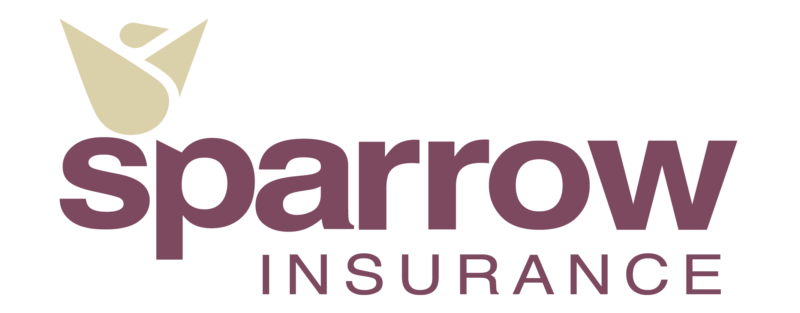FAQs
1. How much will I have to pay for insurance policies?
The cost of each policy is crafted based on different parameters such as the size of the business, the services you provided, and the number of people covered. Requesting a quotation from us would give you a clearer idea of the insurance cost.
2. How long before I can claim my professional indemnity insurance?
Sparrow Insurance deals with PI claims as soon as they are filed by our customers. The entire process of claiming may vary from a week to a few months.


